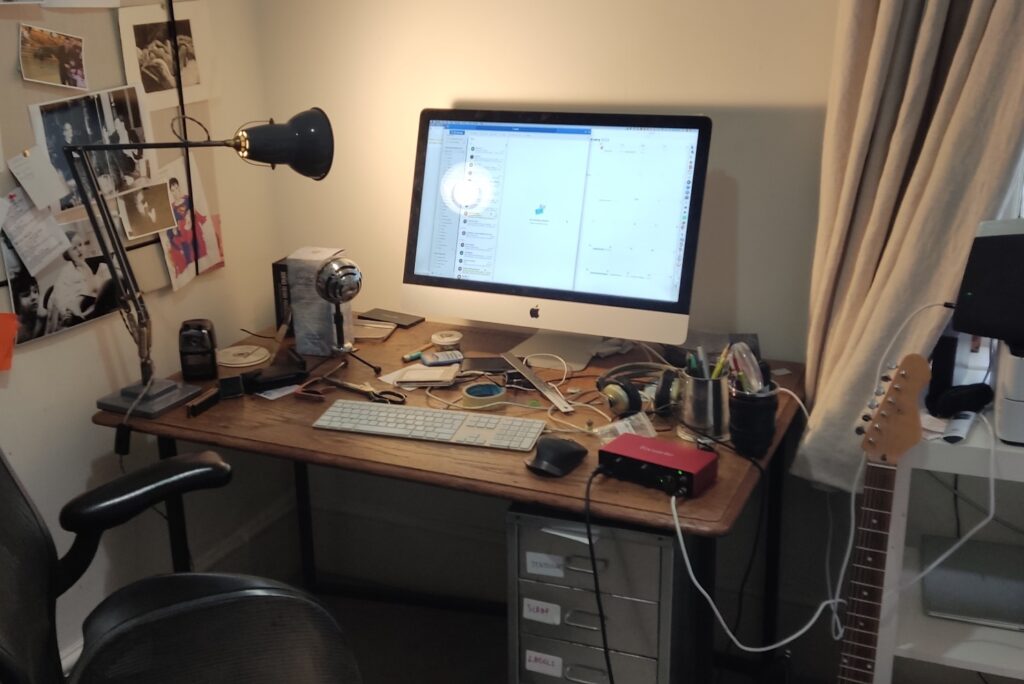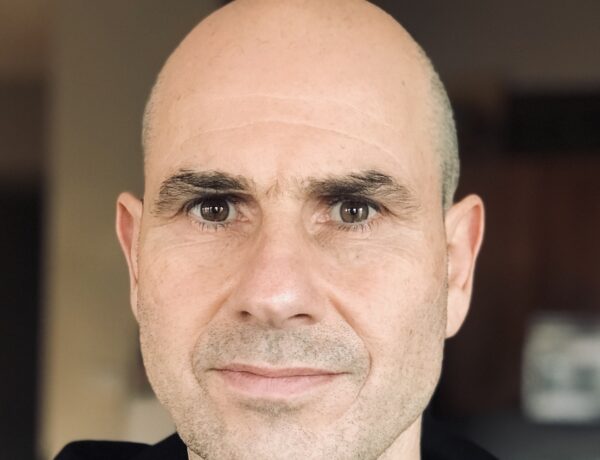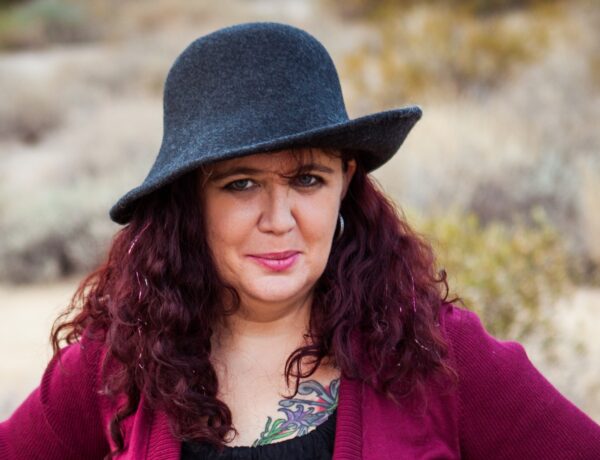Anthony McGowan is a bestselling author known for his adult thrillers and young adult novels. He holds an M.Phil in philosophy and a PhD on the history of the concept of beauty.
His debut novel Stag Hunt was published in 2004 and received critical acclaim, followed by Mortal Coil in 2005 and Hellbent, his first novel for teenagers, which was picked by Anthony Horowitz as his book of the year.
He also wrote the award-winning Henry Tumour (2006), the controversial The Knife That Killed Me (2008), and other YA titles such as Hello Darkness (2013) and the Brock/Pike/Rook/Lark quartet (2013-19), of which Rook was shortlisted for the CILIP Carnegie medal in 2018.
Each week, we publish a new daily writing routine from a famous author. Subscribe to our newsletter so you don’t miss out!
Hi Anthony, great to have you on Famous Writing Routines. We’re really excited to talk to you about your writing routine and process. For those who may not know, can you please tell us a little bit about yourself?
Hi – I was born in Manchester, an industrial town in the north of England, in 1965, but was mainly brought up in a small town in Yorkshire. I studied Politics and Philosophy at University, and have a Masters and PHD in the subject. I’ve written more than 50 books, for adults, teenagers and younger children. I’m probably best known for Lark, the fourth in a series about two brothers growing up in impoverished circumstances in a small town, much like my own. It won the prestigious Carnegie Medal in 2020.
Can you take us through the creative process of your first novel, Abandon Hope?
Abandon Hope was the working title for the novel which became Hellbent. At the time I had a very boring government job, and writing was my joy. I would write in the evenings and at weekends, and I poured everything into that book. It’s an insane comedy about a teenage boy who dies and goes to hell. It’s meant to be funny. Heck, it is funny. But it’s also a philosophical meditation on the nature of good and evil.
What does a typical writing day look like for you?
Most days I write in the British Library, in London (where I now live). It’s a wonderful place to work. There are these huge and beautiful reading rooms, with just the right combination of quietness and scholarly activity. I don’t do much planning. An idea tends to explode in my head, and then I just sit down and write it from beginning to end.

Do you have a target word count that you like to hit each day?
I try to write 1000 words every day. When I started writing I found this quite easy, and would often write 2-3000 each day. Now I find it a lot more difficult. I still strive for 1000, but often have to settle for a meager 500. And of course there are days when nothing at all flows out. But my goal is still that nice, round, 1000.
Can you talk about some of your must-have writing tools?
Most of my work is done on my MacBook Air. More often than not, I just write in Word. However I’ve tried a couple of writing apps – Scrivener and Storyist. I slightly prefer Storyist. They both help you organize your material, and plan things out – however, as I said, I’m not a huge planner, hence usually reverting to Word.
I carry a Moleskine notebook, and a neat Moleskine pen that clips on to the side. I occasionally scribble notes in it, but then have trouble reading my own terrible handwriting! If I’m writing at home I use my ancient (well, 2012) iMac. When it finally dies, I’ll buy a new Mac desktop.
Whenever you hit a roadblock during a writing session, what are some of the methods you use to get back into the flow of things?
Alcohol! But in truth, I think writer’s block is a luxury. Writing is a profession, a job, and you just have to get on with it. Teachers and nurses aren’t allowed to have ‘teacher’s block’ or ‘nurse’s block’. Writing’s a lot easier than most jobs. My grandfather was a miner. He was still digging coal out of the ground when he was 7 years old. I think about that when I’m having a tricky day, and it helps to clear the mind.
What does your writing workspace look like?
I either work in my small, cluttered, messy home office, which looks like someone has rolled a hand grenade through the door, or at the British Library, in London. It’s definitely more productive for me to cycle to the British Library, as it feels like I’m going to work, and it really helps me to focus. It’s also just a brilliant place to work. It’s quiet, and scholarly, but has enough variety to keep you interested. In my home office I tend to get distracted, and waste my time on social media, or doing humdrum admin.

Affiliate disclaimer: Some links on this website are affiliate links. We may earn a small commission if you make a purchase through these links, but only promote products we truly believe in. We disclose affiliate links and give honest reviews.



No Comments